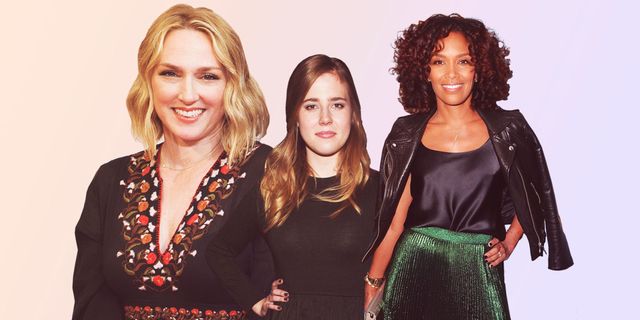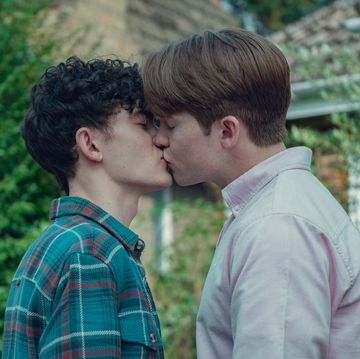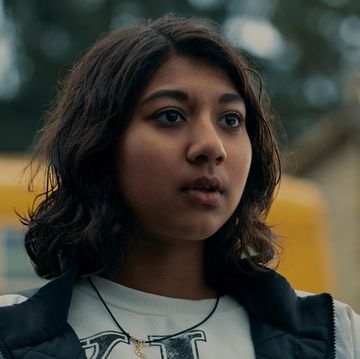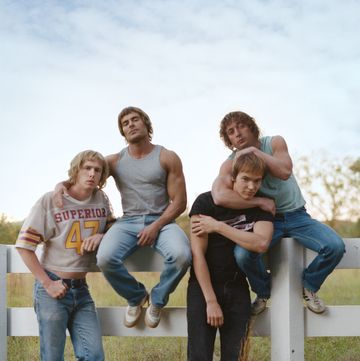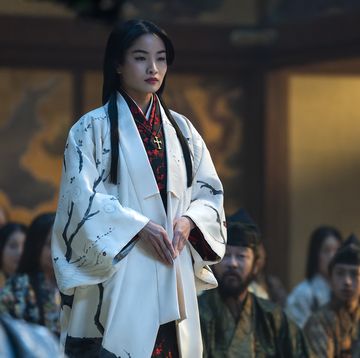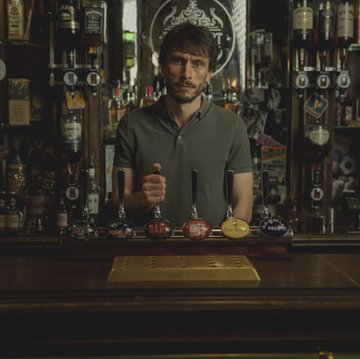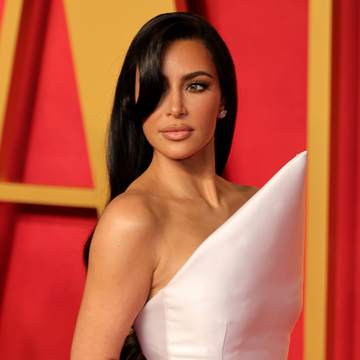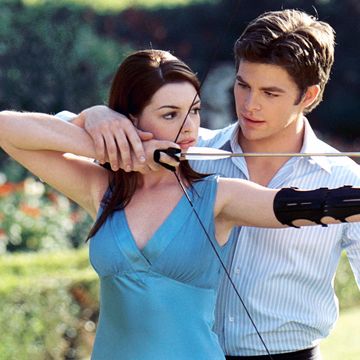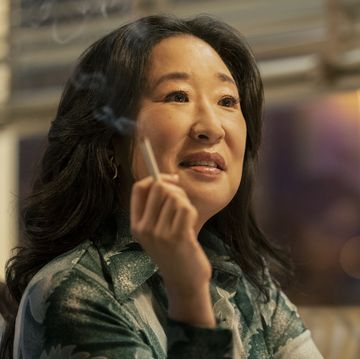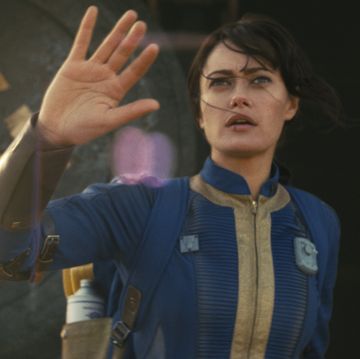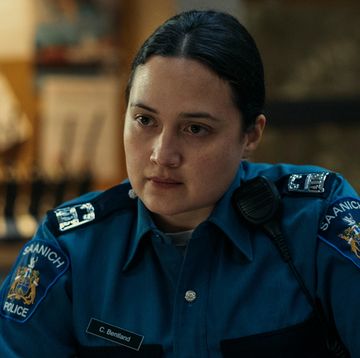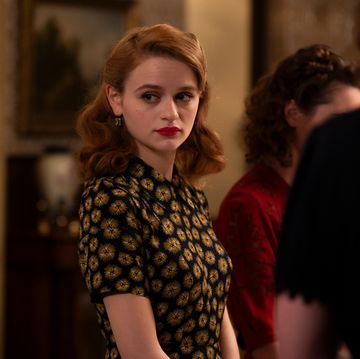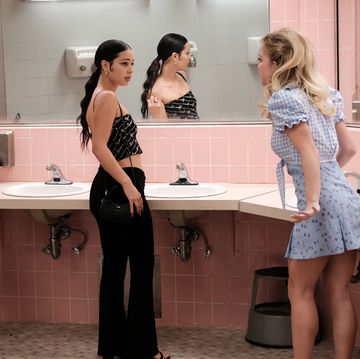"If you google 'natural hair' now, you'll see black women's hair, and I know me and Tracee Ellis Ross and her (Girlfriends) character Joan helped that movement," said Girlfriends creator Mara Brock Akil, speaking on a panel called Complex, Not Complicated: A Look at a Woman's Character, at the ATX Television Festival in Austin, Texas.
In the conversation, which dealt with how women are represented—and often misrepresented—in television, Akil pointed out that she had to fight for what she wanted her characters to look like. "I fought for Tracee to have that hair," she said. "I had to speak up for those sorts of things." But the battle didn't end with Ross' hair. "I fought for Tracee to wear her glasses," Akil said. "It was like, 'Oh, she wants to wear glasses? That's not attractive.' Well, that's the point. We like to take our bras off, our shoes off, our make-up off. We like to get out of that stuff, and we like to put our glasses on because we can't see."
Now, imagine another situation: You're 29, you've worked incredibly hard and made a ton of sacrifices to follow your dreams. Then, finally, it happens: The TV show you created is picked up by The CW. You're over the moon. You fly up to Vancouver to shoot it, only it turns out that once you're there, you're asked to—wait for it—choose the actresses' handbags. It sounds like the most trumped up, impossible sexism cliché, but it actually happened to Liz Tigelaar. Now an executive producer of Casual and, before that, Nashville, Revenge, and Once Upon a Time, Tigelaar said during the panel that it was galling to see men in charge of, well, her show instead of her. "Great, there's a male producer who's going to supervise you? Wonderful. And there's another male producer who's on it too? Great," she said, with no small amount of sarcasm. "Oh, why don't I seem happy? I don't know, maybe it's because I'm in charge of picking out what purses the girls wear when I created the show!"
The purses weren't the only problem; the men would treat her like a "little girl." Tigelaar would ask about certain important elements of the show, she said, "and they're like, 'Don't worry about it, you don't need to know." While Tigelaar continually advocates for herself now, she says that then she didn't know just how hard she would have to fight to be seen and heard as a woman. "I went into the pilot with this grateful attitude, like, 'I'm so excited that my little pilot is shooting and someone's taking a chance on me! Thanks, men! Thanks, white old men!'"
Infuriatingly, this sort of insidious misogyny still goes on in the industry. Taylor Dearden, of MTV's Sweet/Vicious—which tackled the important topic of sexual assault on a college campus, but was canceled after just one season—has already had plenty of experience of being underestimated by male directors. "I don't know if they think it's that we need everything fully explained to us," the 24-year-old said during the discussion. "Like when a director comes up to us and explains the scene moment by moment, and I'm like, 'I prepped. We're good....' It's an assumption that we can't do it on our own."
The solution is, of course, to hire more women, period, Tigelaar said. "On Casual, aside from two of our returning directors who were male, all of our directors were female, and that was a huge priority," she said. "Our writers' room is predominantly female, and two out of the three main characters are women." And Tigelaar will keep putting women into positions of power. "Women probably tend to hire a lot of women," she said. "Men are wonderful, but we've been working for men for a long time."
